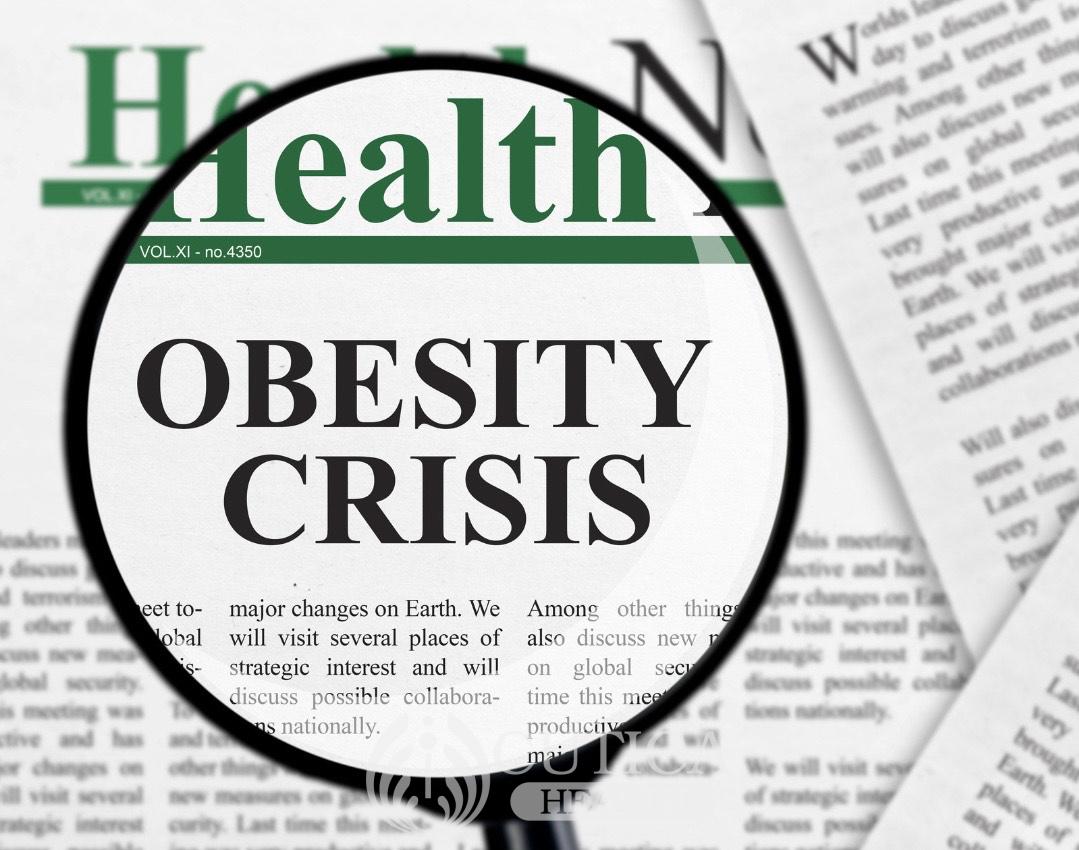
Vitamin B12 also is an essential B vitamin that plays a major role in red blood cell formation, DNA synthesis, and other cellular activities. Our human body does not produce Vitamin B12 and thereby must be derived from supplements and foods.

Vitamin B12 is a soluble nutrient and easily depletes from the body, therefore a regular and consistent consumption is required to avoid deficiencies. Vitamin Deficiency is a common issue in Nigeria because of our limited diet choices, and it affects any age group. People at risk are infants, pregnant women, youths, and those on a restrictive diet such as a vegan diet.
Cause of Vitamin B12 Deficiency
Vitamin B deficiency is caused by inadequate intake of foods rich in the vitamin, including beef, chicken, liver, fish, shellfish, eggs, and low-fat milk . Other risk factors are those who have undergone weight-loss surgery where parts of the intestine that absorbs the vitamins have been removed; drugs such as metformin for diabetes and antacids drugs for heartburn, and lastly; those who are strictly vegetarian because they don’t eat animals and their byproducts.
Certain illnesses of the intestines such as celiac and Crohn's diseases, which affect the absorption of the vitamin also cause its deficiency. In these cases, the stomach lining is damaged, impairing the absorption of vitamin B12.
Symptoms and Signs Your Body Lacks Vitamin B12
Vitamin B12 can occur without symptoms and often be confused for folate deficiency and might go untreated leading to devastating conditions. Here are some signs showing deficiencies.
Jaundice: Jaundice is a condition where the skin and eyes become pale yellow in color. This could occur when vitamin B12 is lacking, which leads to poor red cell formation.
Nerve Problems: Vitamin B12 is essential for nerve repair and growth, and lack of it impairs nerve function, disrupting actions, such as mobility, sensation, coordination. As a result, you may begin to experience numbness in your hands and feet, tingling, and difficulty maintaining your balance.
Mouth ulcer: Deficiency in Vitamin B12 could cause a loss of inflammation, pain, and blistering around your mouth and over your tongue. These symptoms are often mistaken for “early signs of malaria”
Breathing Difficulty : Severe shortage of red blood cells means the blood has reduced capacity to carry oxygen. This could cause the heart to try to overcompensate by pumping more blood. Over time, this causes a fast heart rate and difficulty breathing.

Depression and mood swing : An exceptionally low level of Vitamins B12 has been associated with low mood swing, depression, and cognitive impairment, such as dementia. This is because, brain function is controlled by certain hormones, called neurotransmitters, and these hormones are regulated by Vitamin B12
Vitamin B12 Daily Dose
How many doses are required is dependent on age, pre-existing health conditions, dietary intake, and medications. Adults require 2.4mg daily, while pregnant and nursing mothers need an extra 0.4 per day.

Treatment and Prevention
If you have been diagnosed with vitamin B12 deficiency, oral vitamin B supplements as well as dietary intake w=may be just enough to reverse it. However, treatment depends on the level of deficiency; severe cases may require high dose vitamin B12 injections.












